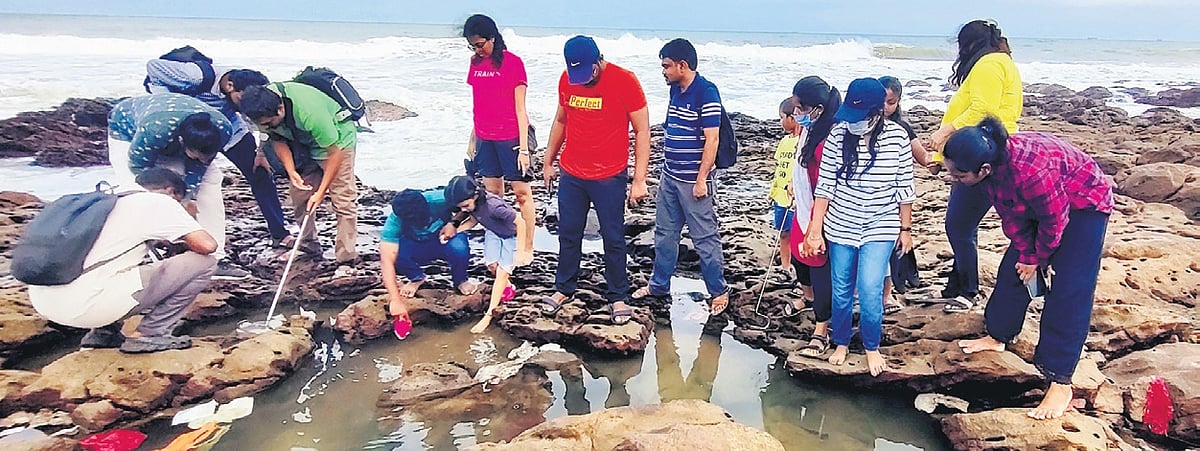Overview:
Citizen science is enabling networks to screen and safeguard neighborhood biological systems by drawing in volunteers in logical examination and information assortment endeavors. Through citizen science drives, local area individuals become dynamic members of ecological stewardship, contributing important information that can illuminate preservation endeavors and strategy choices.

This is the way citizen science is having an effect:
Information Assortment: Citizen scientists gather information on different parts of nearby biological systems, including biodiversity, water quality, air contamination, and territory wellbeing.
Expanded Observing Inclusion: Citizen science grows the geographic and transient inclusion of ecological checking endeavors.
Local area commitment: Citizen science cultivates local area commitment and ecological mindfulness by including occupants in involved logical exercises.
Schooling and Limit Building: Citizen science projects give amazing open doors to instruction and limit working inside networks. Members find out about logical strategies, information assortment procedures, and natural issues, upgrading their logical proficiency and examination abilities. Resident science likewise allows people to advocate for natural preservation and participate in nearby dynamic cycles.
Cooperative Associations: Citizen science projects frequently include joint efforts between local gatherings, specialists, government offices, and non-benefit associations.
Strategy Impact: Citizen science information can impact ecological arrangements and the board choices at nearby, provincial, and public levels. By giving experimentally hearty information on ecological patterns and biological system wellbeing, resident science projects enable networks to advocate for proof-based approaches and support the security of normal assets.
In outline, citizen science is a useful asset for engaging networks to screen and safeguard nearby biological systems. By drawing in volunteers in information assortment, encouraging local area commitment, giving instructive open doors, cultivating cooperative organizations, and affecting arrangement choices, resident science projects empower networks to assume a functioning part in ecological protection and stewardship.
Read more: What role does seaweed cultivation play in carbon sequestration and ocean ecosystem restoration